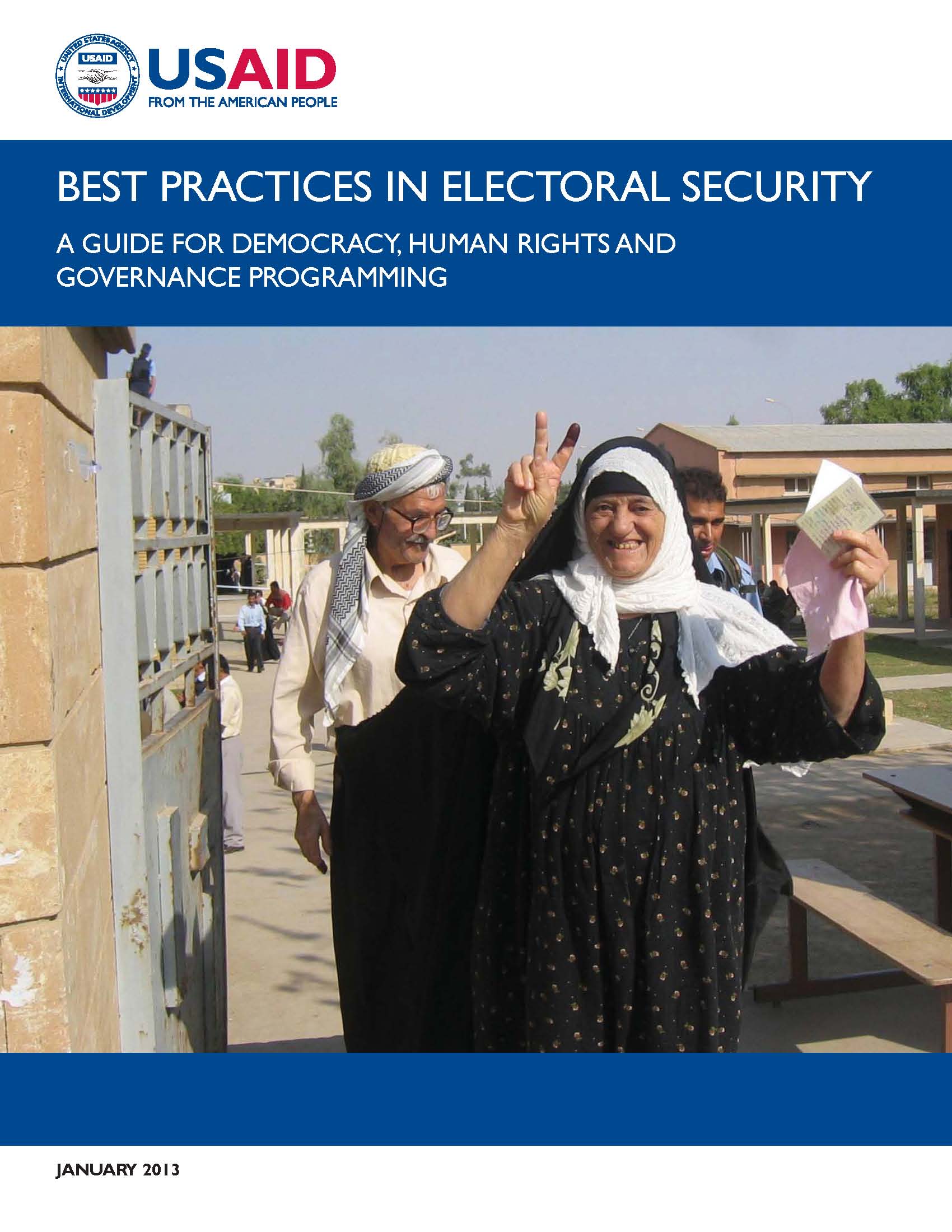- What We Do
- Agriculture and Food Security
- Democracy, Human Rights and Governance
- Democracy, Human Rights and Governance Strategy
- Supporting Free and Fair Elections
- Supporting Vibrant Civil Society & Independent Media
- Protecting Human Rights
- Promoting Accountability & Transparency
- Importance of Democracy, Human Rights, & Governance to Development
- Countering Trafficking in Persons
- Economic Growth and Trade
- Education
- Ending Extreme Poverty
- Environment and Global Climate Change
- Gender Equality and Women's Empowerment
- Global Health
- Water and Sanitation
- Working in Crises and Conflict
- U.S. Global Development Lab
More than half of the world’s population live under autocratic or partly free governments, denied full civil liberties and unable to freely participate in political life.
A country cannot be truly democratic until its citizens have the opportunity to choose their representatives through elections that are free and fair.
- For an election to be free and fair, certain civil liberties, such as the freedoms of speech, association and assembly, are required.
- Elections can be a primary tool to foster political openings and expand political participation.
- Electoral processes offer political parties and civic groups an opportunity to mobilize and organize supporters and share alternative platforms with the public.
- Elections also serve to encourage political debate and public dialogue.
USAID supports political competition and consensus-building efforts and provides leadership in these areas to other U.S. government entities and the broader development community. We do this through promoting 10 elements that are essential to fair elections and political processes:
- Impartial electoral frameworks
- Credible electoral administration
- Effective oversight of electoral processes
- Informed and active citizens
- Representative and competitive multi-party systems
- Effective governance by elected leaders and bodies
- Inclusion of women and disadvantaged groups
- Effective transfer of political power
- Consensus-building for democratic reform
- Sustainable local engagement
Free and fair elections play a critical role in political transitions by advancing democratization and encouraging political liberalization – helping to promote peaceful, democratic political transformation that lead to increased stability and prosperity.
- In fiscal year 2012, we expanded political participation by training more than 9,800 domestic election observers and officials, and providing voter and civic education reaching more than 6.5 million people.








Comment
Make a general inquiry or suggest an improvement.